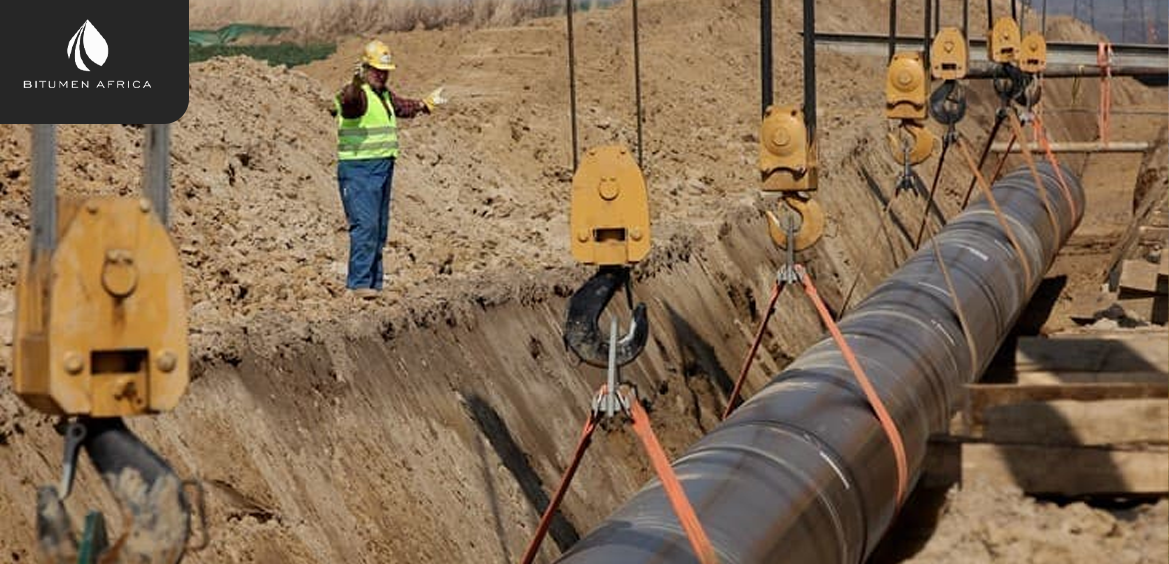Russia’s strategic interest in Syria became evident in 2011 when President Putin ordered military intervention to support Bashar al-Assad’s regime against a popular uprising. This move, supported by Iran, ensured continued Russian influence in the region until Assad was overthrown in December 2024 by U.S. and U.K.-backed rebel forces. Following the coup, Russia has quickly moved to reestablish its presence in Syria, highlighted by high-level diplomatic visits from both Russian and Iraqi officials, signaling Moscow’s commitment to maintaining its foothold in the eastern Mediterranean.
Syria is vital to Russia for several reasons: it forms the western anchor of the Shia Crescent of Power developed by Moscow, offers direct Mediterranean access for oil and gas exports, and hosts critical military infrastructure, including Russia’s only Mediterranean naval base in Tartus. Furthermore, Syria’s significant hydrocarbon resources presented an opportunity for a self-sustaining mission. Before the civil war, Syria was a modest but meaningful oil and gas producer, and Russia had signed deals to help develop these assets—further cementing its long-term interests in the country.
Iraq, alongside Iran, plays a critical role in Russia’s and China’s efforts to build a strong, alternative sphere of influence in the Middle East. Iraq provides strategic advantages that Iran cannot, such as fewer sanctions and shared oil fields, enabling covert oil exports. Moscow, Tehran, and Baghdad are working toward creating a continuous transport and energy corridor stretching to the Mediterranean through Syria. This “Land Bridge” could increase arms flows into southern Lebanon and Syria, heightening tensions with Israel and possibly triggering wider regional conflict that weakens U.S. influence.
Plans are also underway to revive the Iraq-Syria oil pipeline, reinforcing the Russia-Iran-Iraq-Syria axis. Backed by Russia and supported by China, this initiative represents part of a broader strategy to rebuild influence lost with Assad’s fall. U.S. policy under President Trump, particularly his push to remove Assad, was intended to demonstrate American global reach. In contrast, Russia and China appear to be playing a longer-term game, leveraging regional allies and infrastructure projects like Iraq’s Strategic Development Road to slowly but steadily reassert control in key geopolitical spaces vacated or contested by the U.S.

